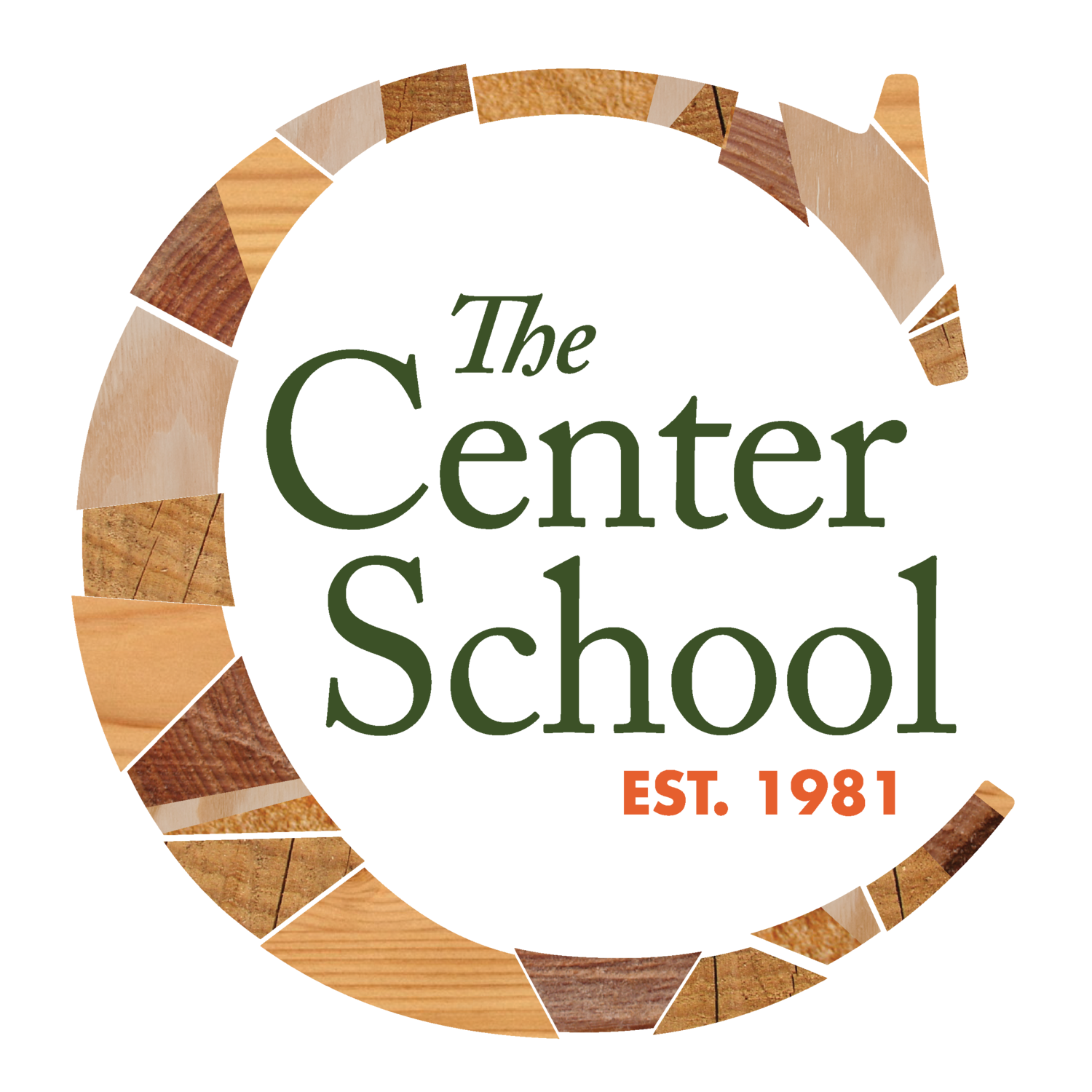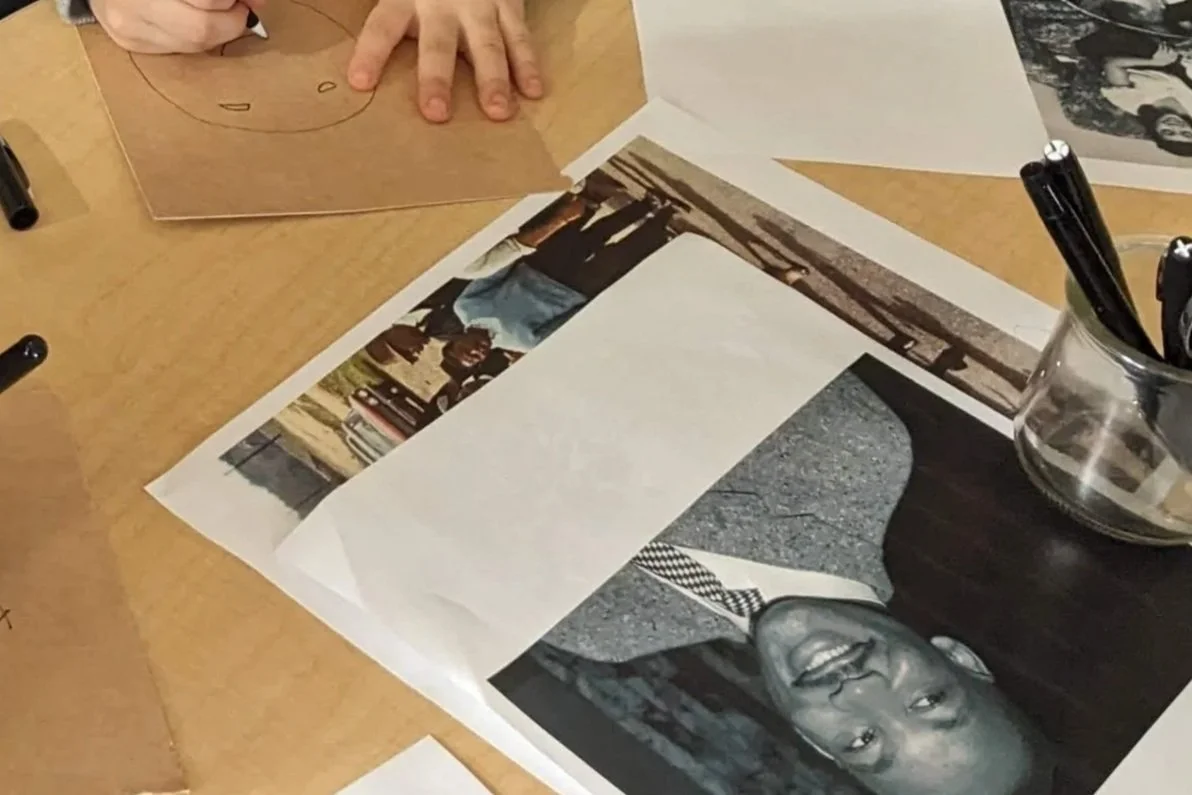
Discussing MLK with 3-5 year olds: Deciding What Information to Share and What Language to Use
A great deal of thought goes into deciding when, why, and how much information we share with the Adventure Primes regarding historical events and current realities. Those of us who teach here at the Center School have a unique opportunity to address social justice, even with the very youngest of learners in our community.
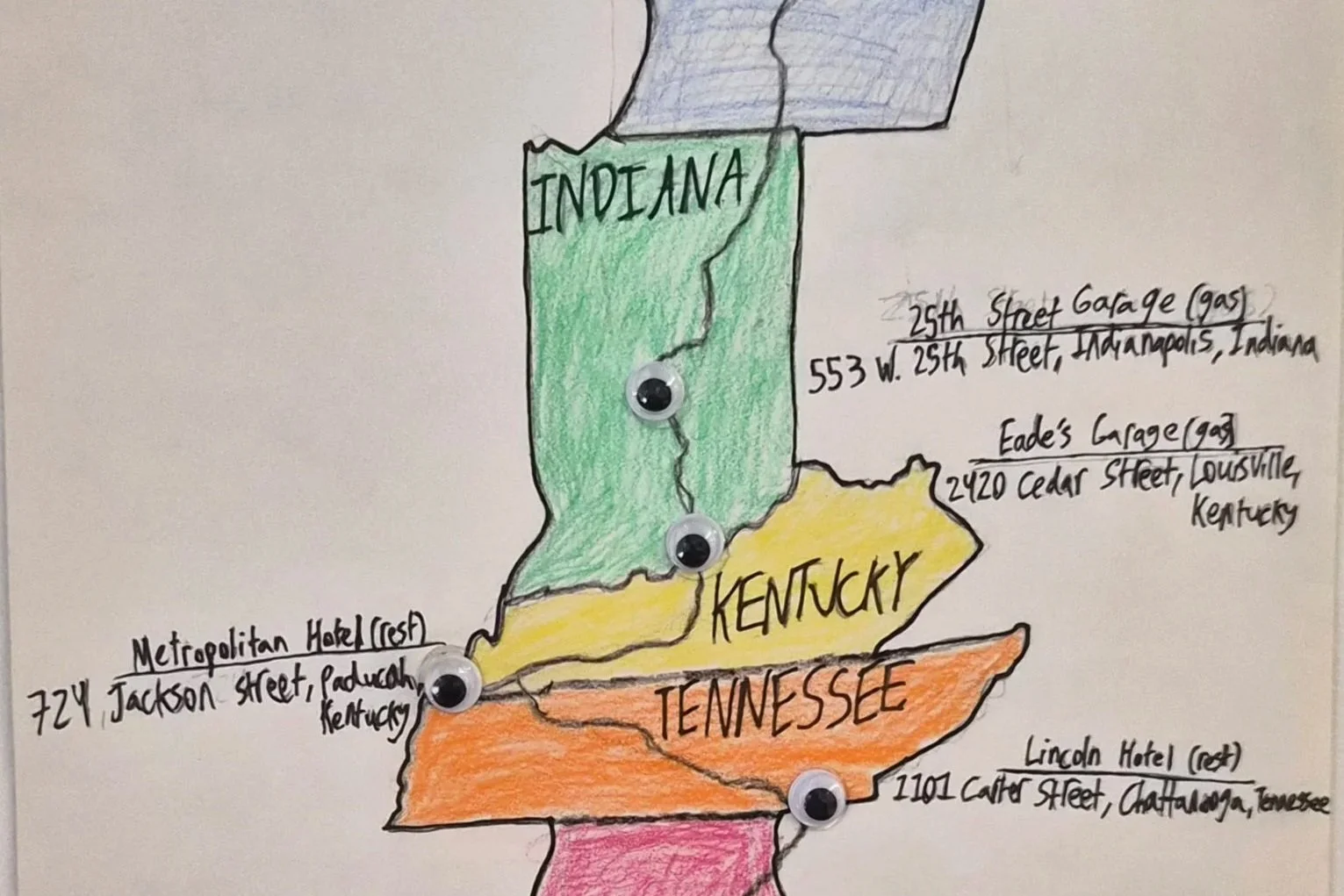
Safe Travels - with the Uppers
The knowledge gained during the first trimester has prepared us well for our current work, as sixth- and seventh-grade students continue their study of African American history while reading The Watsons Go to Birmingham—1963 by Christopher Paul Curtis.
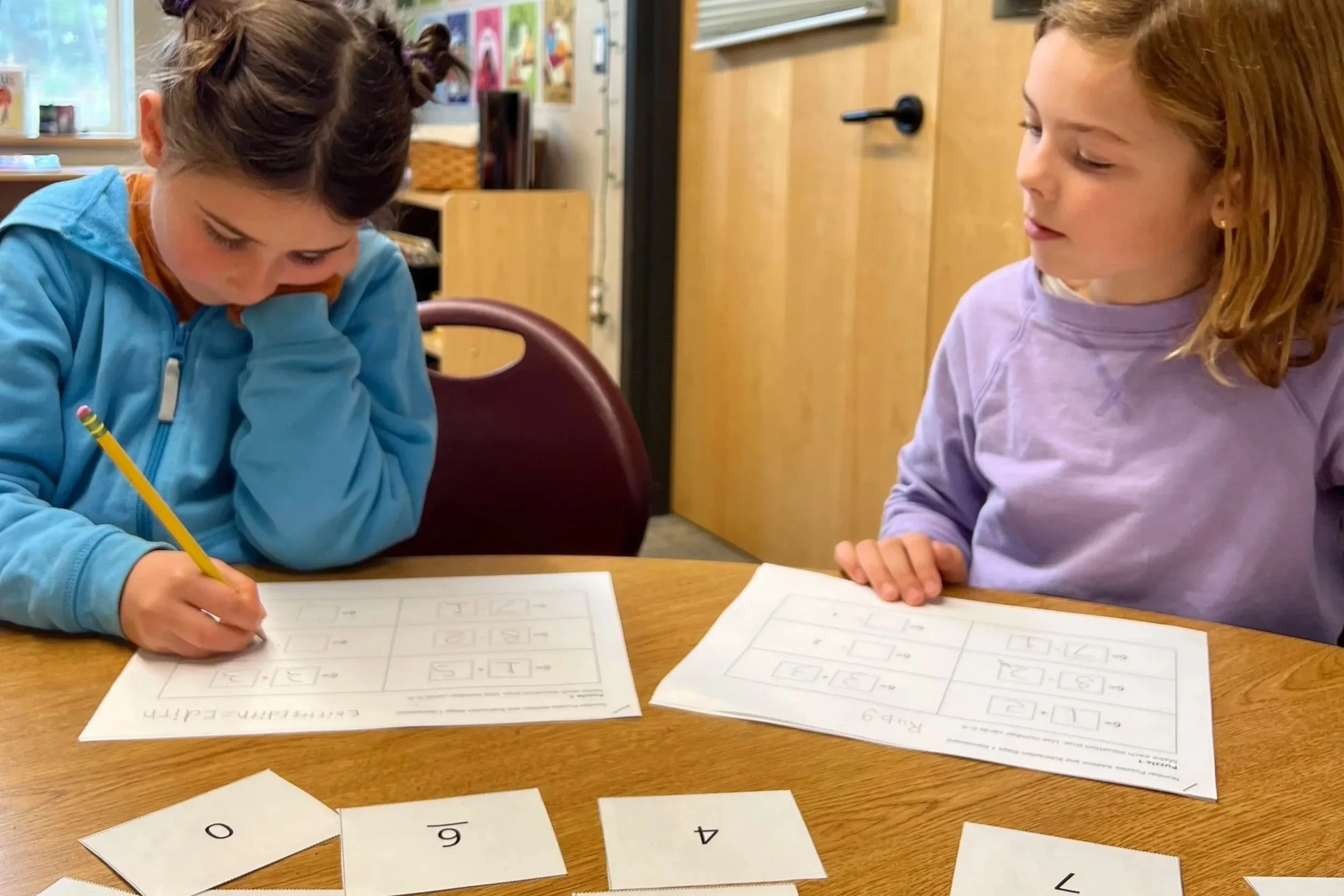
What Do We Mean by “Fluency” in Math? A Look Inside 2nd Grade
In 2nd grade, when students spend time in the deriving phase, they are not slowing down learning; they are deepening it. They are building flexible, connected knowledge that supports future work with larger numbers, multiplication, division, and algebraic thinking. This is how we prepare students not just to get answers but to understand math.
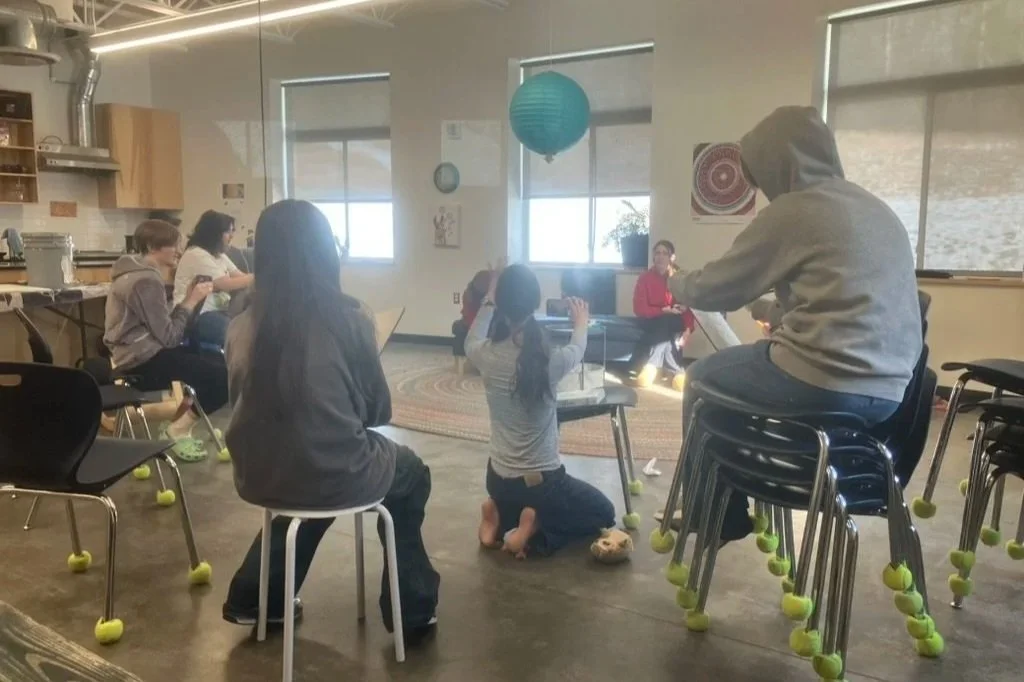
Uppers Update - Make way for student leadership
You know when you plan everything to go a certain way, and then when the moment comes for it to happen, someone suggests a much better way and it makes so much more sense? An important learning moment for all: the students realize they had more power and capacity when they organized themselves, and I learned to get out of the way.
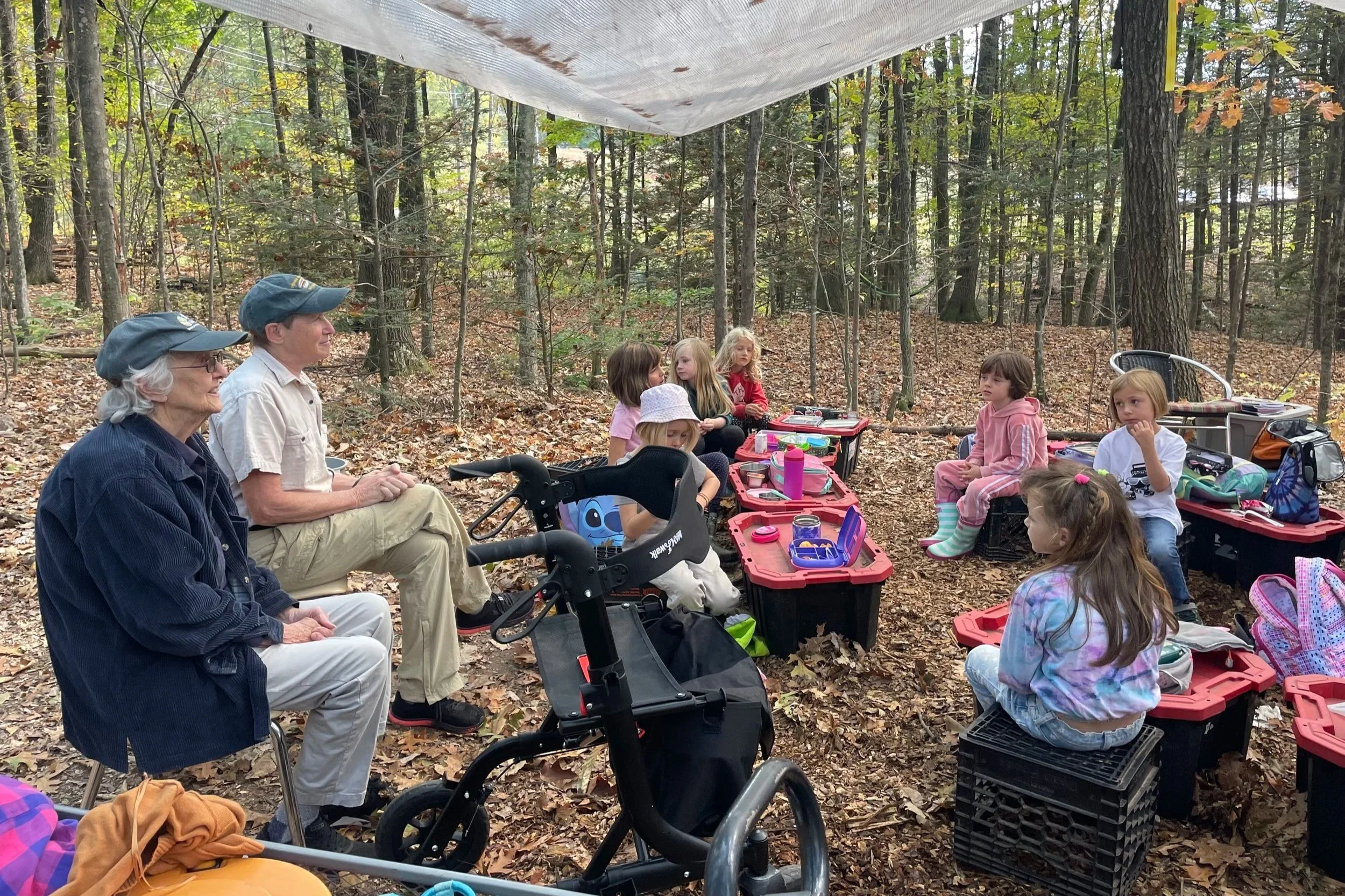
Trails, Timelines, and Turning 90 Emergent Social Justice Curriculum in The Woods Primes
This fall, the Woods Primes took on a big question with muddy boots and thoughtful hearts: How do we make our basecamp trails accessible to everyone? As the children planned and built trails around our outdoor classroom, they kept returning to one shared concern—what about people with limited mobility? Who gets to move freely through nature, and how can we help make that possible?
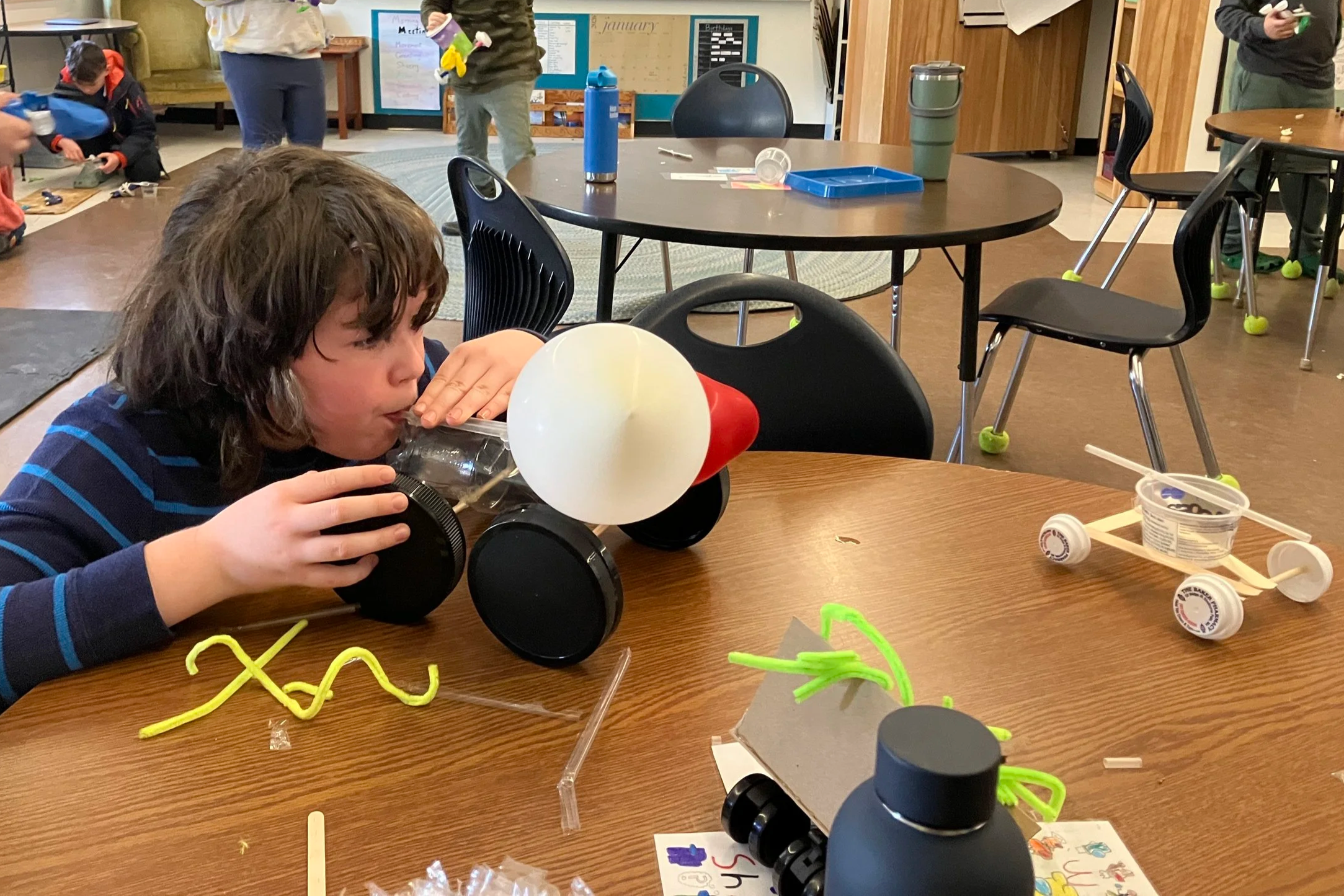
Frustration, Collaboration, Experimentation, Failure, and Persistence: Making Balloon Cars with Middles Quartz
There are a few reasons why the Middles study Simple Machines after Winter Break. The weeks between Winter and February breaks are some of the shortest days of the year, and with single-digit temperatures, we’re often forced inside for days at a time. Students this time of year are often full of energy, looking for ways to have fun, and feeling a little “cooped up”. Studying Simple Machines, as an entry point for learning about the scientific method, is the perfect remedy for the winter blues.
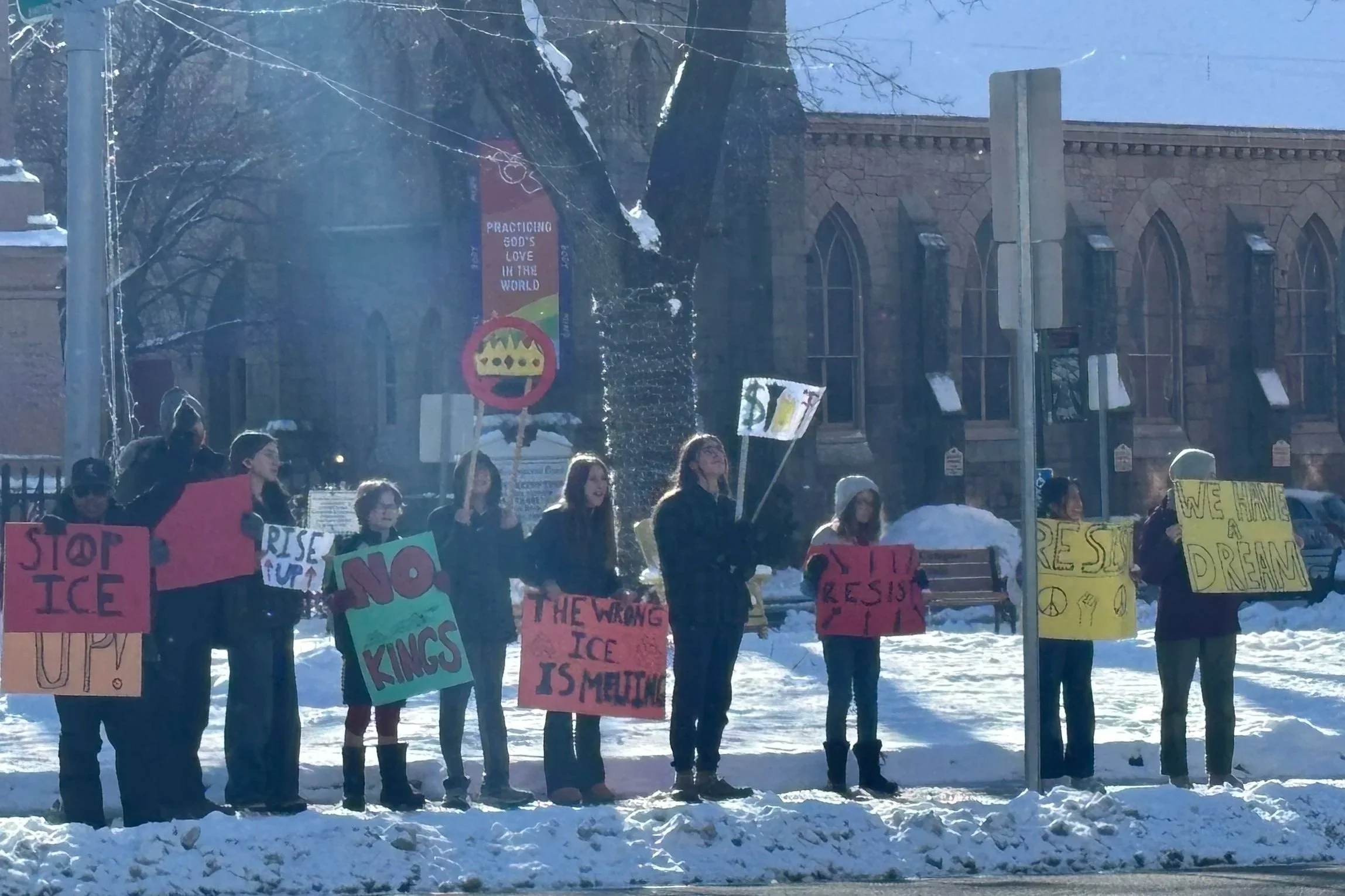
Uppers Update - “Despite this, a garden grows”
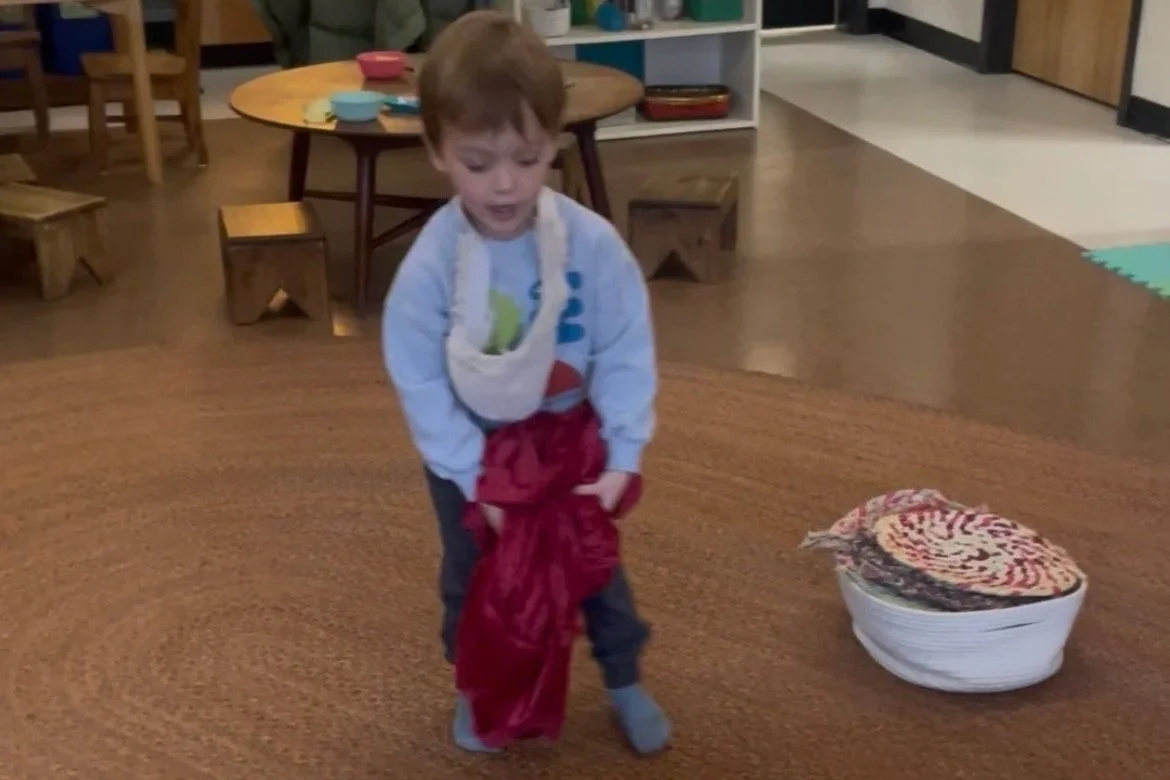
From Associative to Collaborative: Co-Constructing Meaning in Power Primes Dramatic Play
In early childhood classrooms, play often shifts in form as children develop new social and cognitive capacities. Since returning from break, there has been a noticeable shift in how children interact during small-group play periods. In this small-group context, play becomes a site of co-constructed thinking. Children use dramatic play to explore roles, sustain shared ideas, and negotiate meaning with one another. The shift from focusing primarily on objects to focusing on collective narratives reflects developing social, cognitive, and communicative capacities. Through play, children are learning how to think together.

“Mine!” in the Wonder Primes
“Mine!” In the Wonder Primes classroom, we hear this word countless times each day. From toys and materials in the classroom to the swing on our climber, from a specific pillow from the couch to items brought in from home, a debate can always be heard among the Wonder Primes about just who an item belongs to. The prevalence of the idea of “mine” in combination with the understanding that all toddlers innately feel that all possessions are theirs has led the Wonder Primes teachers to think closely about what the concept of “mine” truly means to these young students.
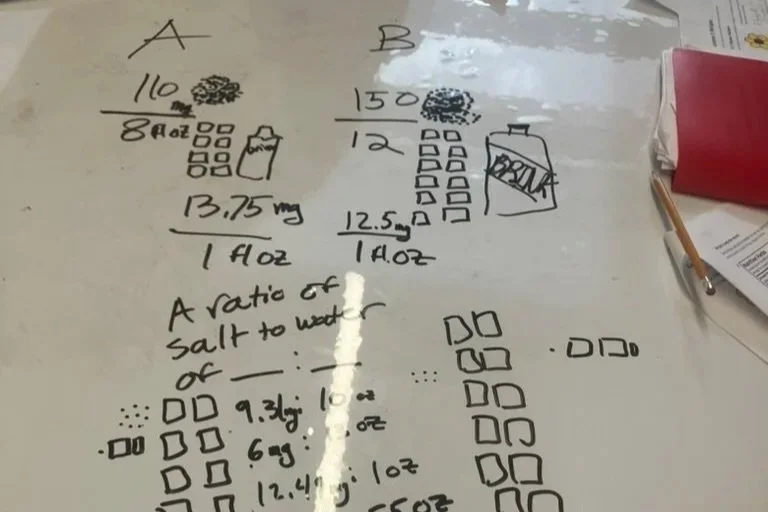
Uppers Update - More than the Math
In 6th grade math we are not just learning new math concepts, but also learning about our learning styles. With a small group of 5, every learner gets a chance to say their thinking out loud, and at length. The work we get into these days focuses on ratio, and that alone is enough to elicit long stories of comparison to things in our own lives.
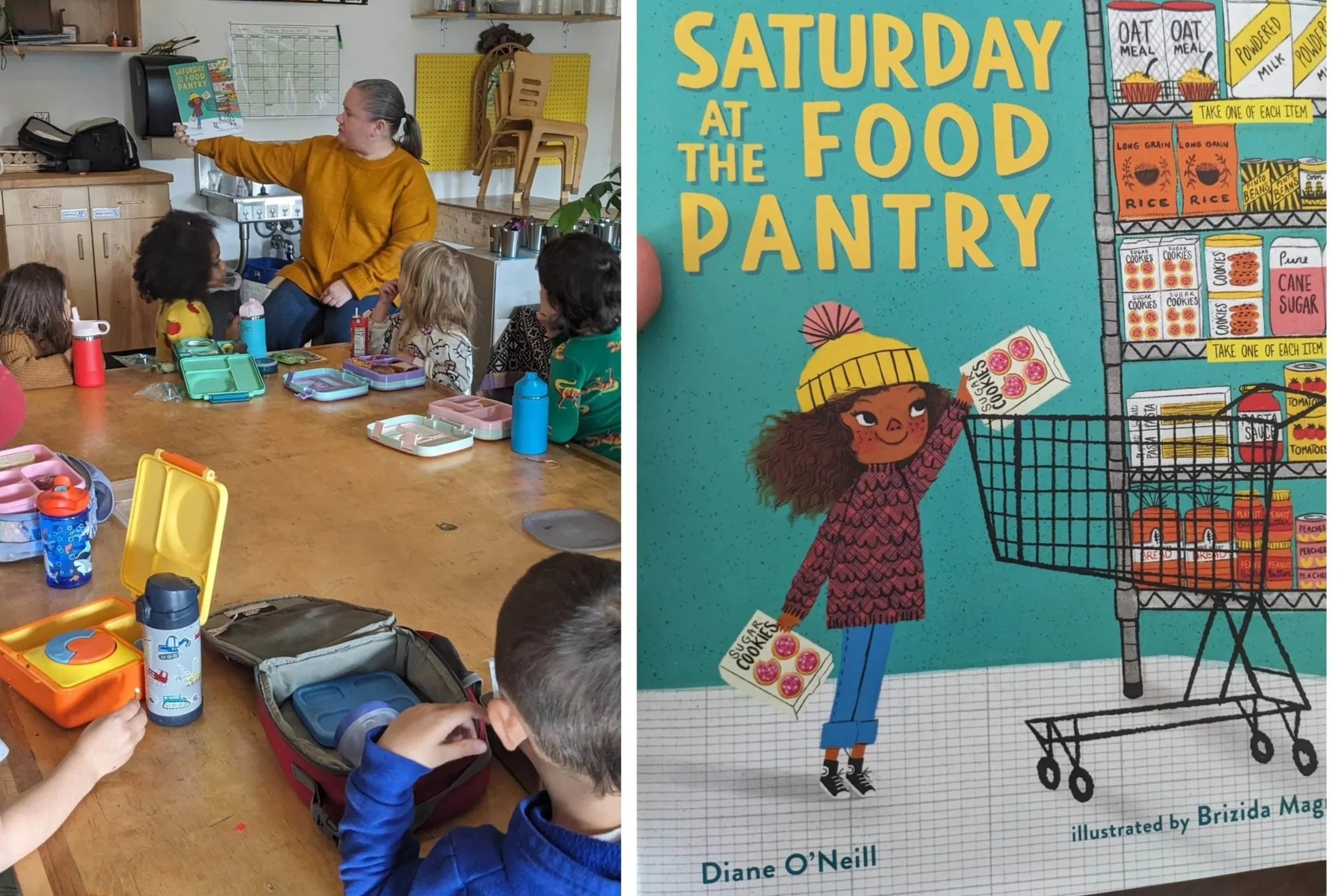
Food and Fairness: Delving into Food Justice with the Adventure Primes (3-5 year olds)
This past November the Center School hosted a food drive for the Franklin County Community Meals Program. The Adventure Primes heard about the food drive during All School, and noticed the growing collection of food on the stage across from the All School Room. From the beginning, it was important to Center School staff that the food drive was framed as a social justice issue, not as a simple act of charity. As you may have seen on the banner over the food collection area or read on the flyers posted around the school, we believe that "food is a human right."

Ownership - a topic for pedagogical documentation
Primes teachers (toddler-first grade) have been engaging in professional development work with Dr. Peggy Martalock from Greenfield Community College. As a part of this work, Peggy has challenged us to choose a “big idea” to think about throughout the school year. This idea will be the focus of our pedagogical documentation, an important planning and teaching tool in Reggio Emilia inspired classrooms across the globe.
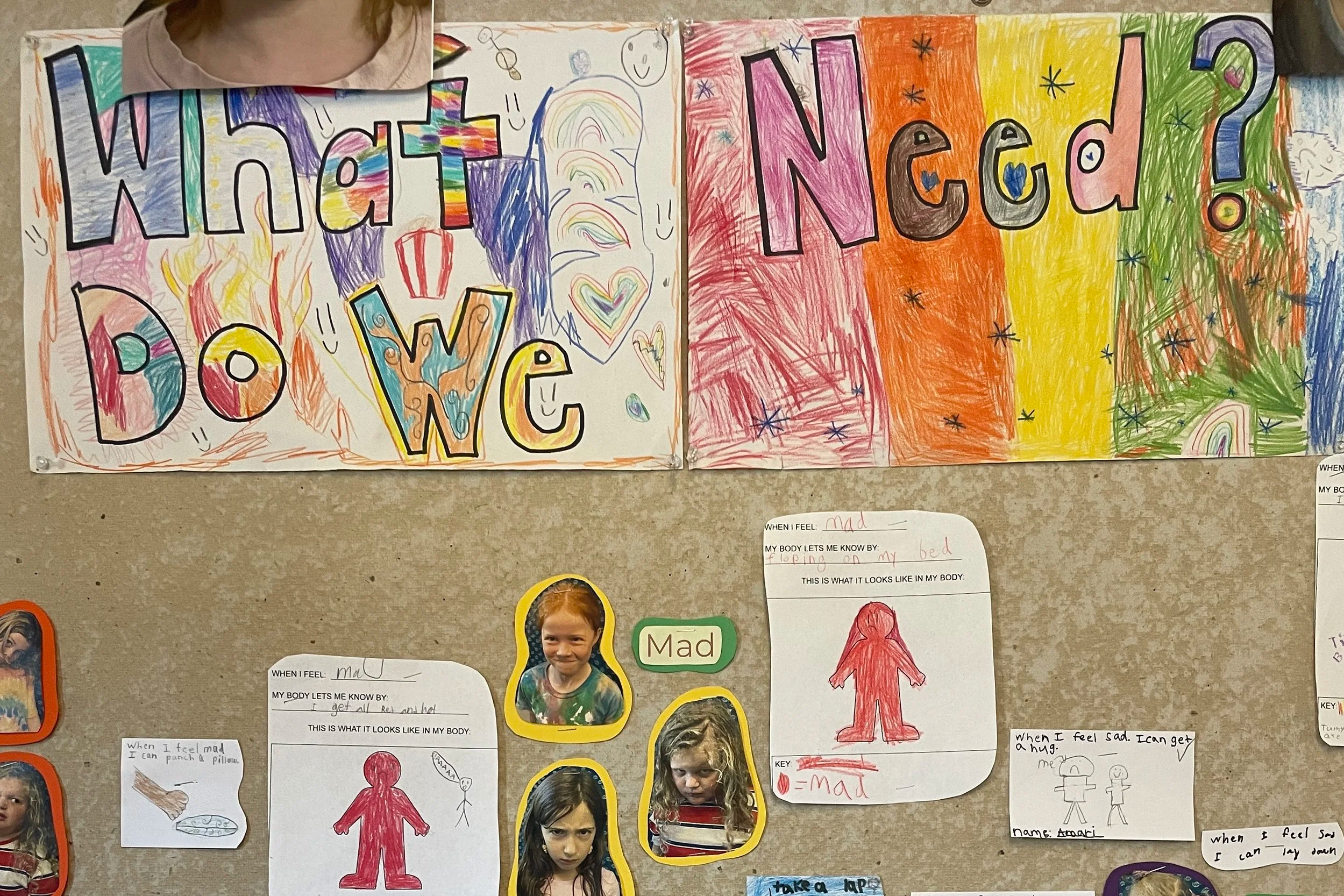
Supporting Student Wellness: Why Our Counseling & SEL Classes Matter
School-based services help eliminate common barriers to care which include transportation, scheduling, cost, stigma, and lack of access. This is why social-emotional learning (SEL) and wellness instruction during the school day is so important. These programs make support accessible to all students.
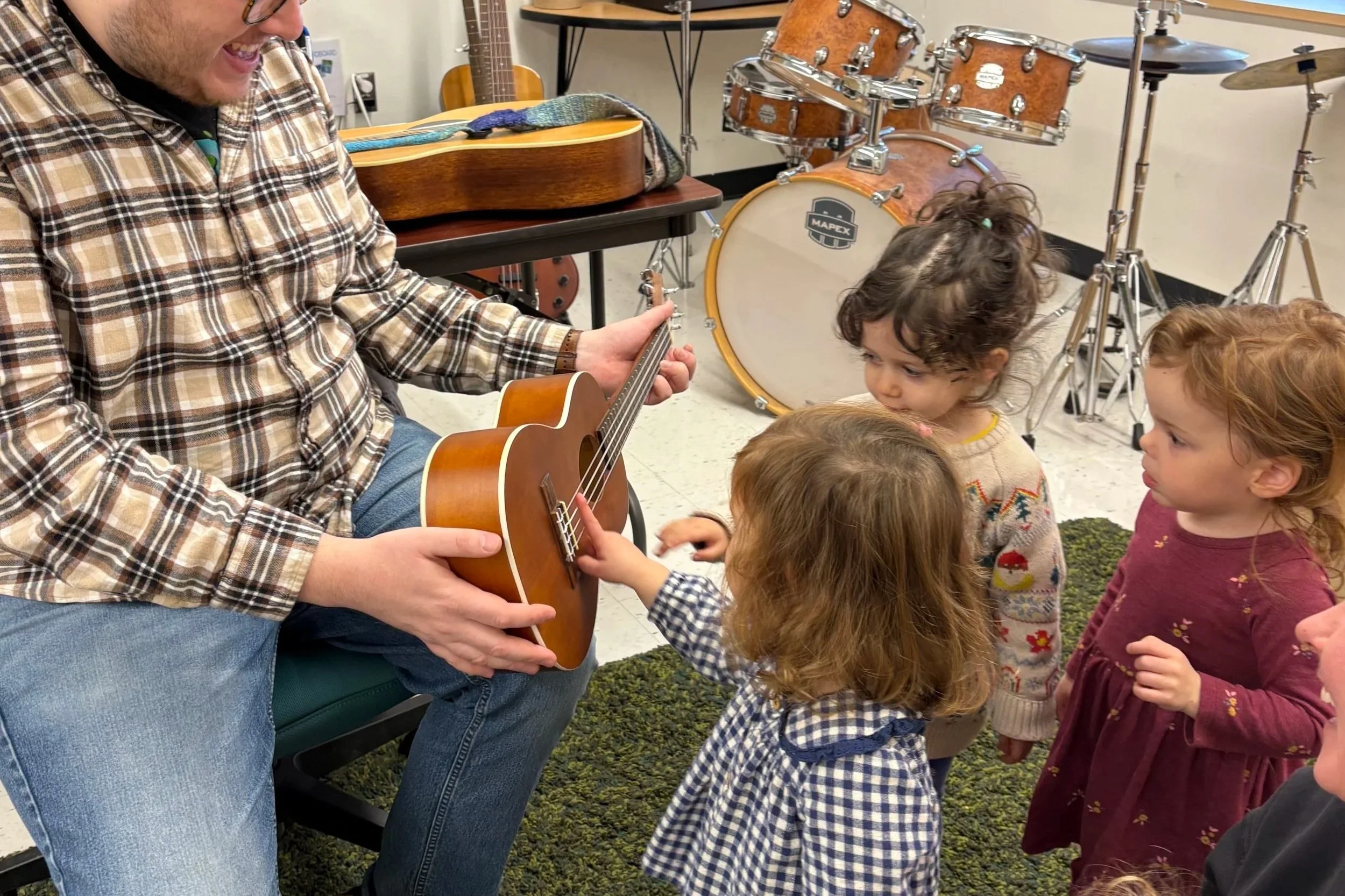
Music This Fall and Winter: Learning How to Be Together
This fall and winter in Music, every class has been working with the same guiding idea: we grow when we do things together. From Preschool through Uppers, students have been exploring what it feels like to sing, play, listen, and move as a group.

Mups Passports - A walkthrough of why
Walking into a new classroom can feel overwhelming. There are so many things to learn. Not just academically, but socially and emotionally, as well. We know that children learn best when there are clear and expressed expectations. The Mups Passport is designed to give students a tangible space to find, explore, and discover what it means to be a second & third grader at the Greenfield Center School.

Frankenstory Founder Visits the Uppers
On a windy and cold Thursday in November, the 8th grade hosted Andrew Duval, a very special visitor who came all the way from Australia to visit! Andrew is one of the creators of the online game Frankenstories, which Uppers have been obsessed with for over a year.

Love That Class: Poetry Inspired by Love That Dog (Middles Quartz)
This fall the Middles read Love That Dog by Sharon Creech. This was my first time reading the book and I got the rare opportunity to be a teacher who observes the book being taught. This means I got to experience Lit class in the Middles, like a Middle! Kim taught my group and her passion for reading, poetry, and teaching filled the room during every class.

Learning about (and cooking with) Fire in the Woods Primes
One Monday a few weeks ago, the Morning Message informed Woods Primes that our boundary would be expanding to include the fire pit area. This prompted a conversation about what children knew about fire.

Exploring “Ownership” in the Power Primes
The Primes team has been working with Peggy Martalock, who runs the Creative Thinking and Learning Studio at Greenfield Community College, to deepen our study of Concepts and Big Ideas through a Reggio Emilia lens. The concept we are exploring together is “Ownership.” We began by asking: What meanings and understandings do children have about ownership? When are children exposed to and gathering information about ownership? What questions or tensions might they be trying to figure out regarding ownership?

Art -a-Day in the Uppers
Over the course of six weeks, 6th, 7th and 8th graders create one piece of art each day, in the same medium, using the same size canvas each time. This project is a creative daily practice built around one simple rule: make something on a 4”x6” index card every day. The idea is to keep the format small, approachable, and pressure-free, while developing consistency, creativity, and experimentation over time.
